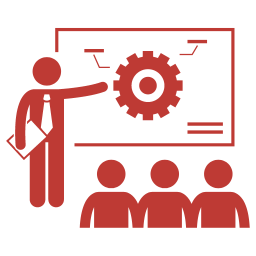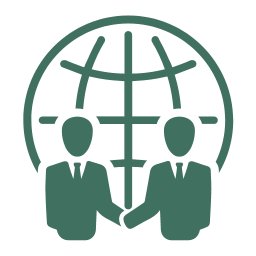Empowering Organizations and Their Leaders
At IHS, we empower organizations and their leaders to reach their full potential. We specialize in assessing your current strategies to identify what’s working and what needs improvement. Our expertise lies in designing, planning, and implementing tailored strategies that align with your goals. Whether through strategic and operational planning, program development, process consultation, or capacity building, we work closely with you to drive meaningful change and support your initiatives effectively.
ORGANIZATIONAL DEVELOPMENT
Deploying multiple strategies to set strong foundations to meet the goals of your organization.
TRAINING SYSTEM DEVELOPMENT
Stimulating and supporting practice change by engaging the “right people” to participate in the “right training” at the “right time."
POLICY DEVELOPMENT
Working in collaboration with other child and family advocacy organizations to identify the most critical issues and dilemmas facing the child welfare/child maltreatment field today.
INTERNATIONAL DEVELOPMENT
Helping countries develop family-based alternatives to the institutionalization of homeless and vulnerable children, through stronger community support and prevention services, and family-based alternative care.
Ready to Start a Conversation?
Contact us today to learn more about how our services can support your needs. We’re ready to explore how we can work together to achieve your goals.



